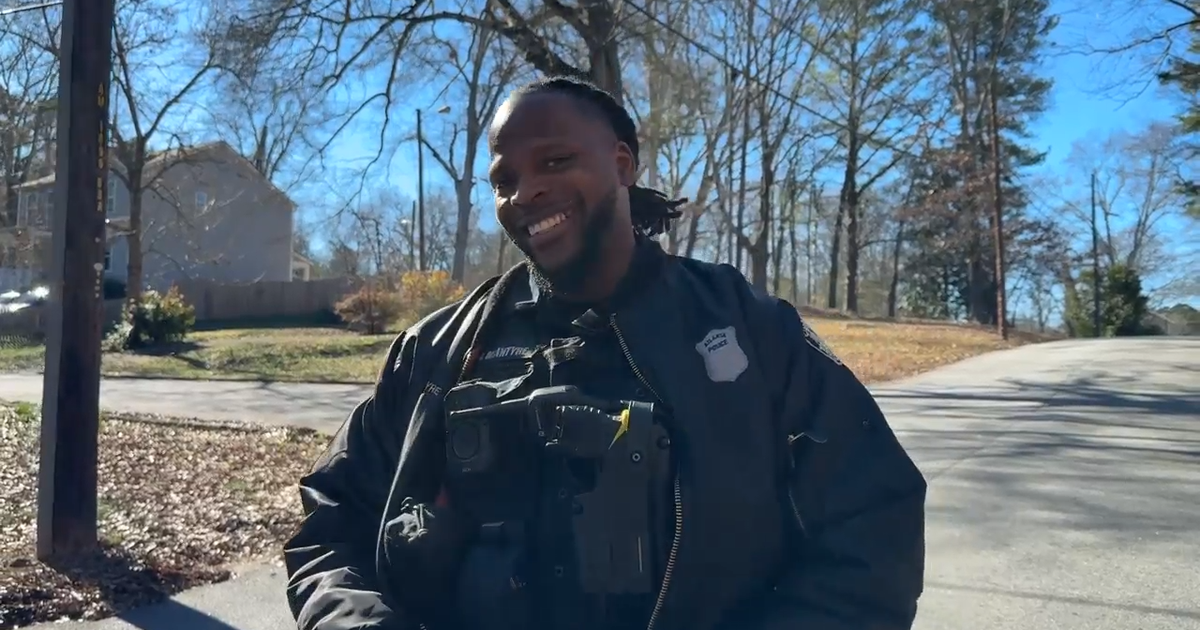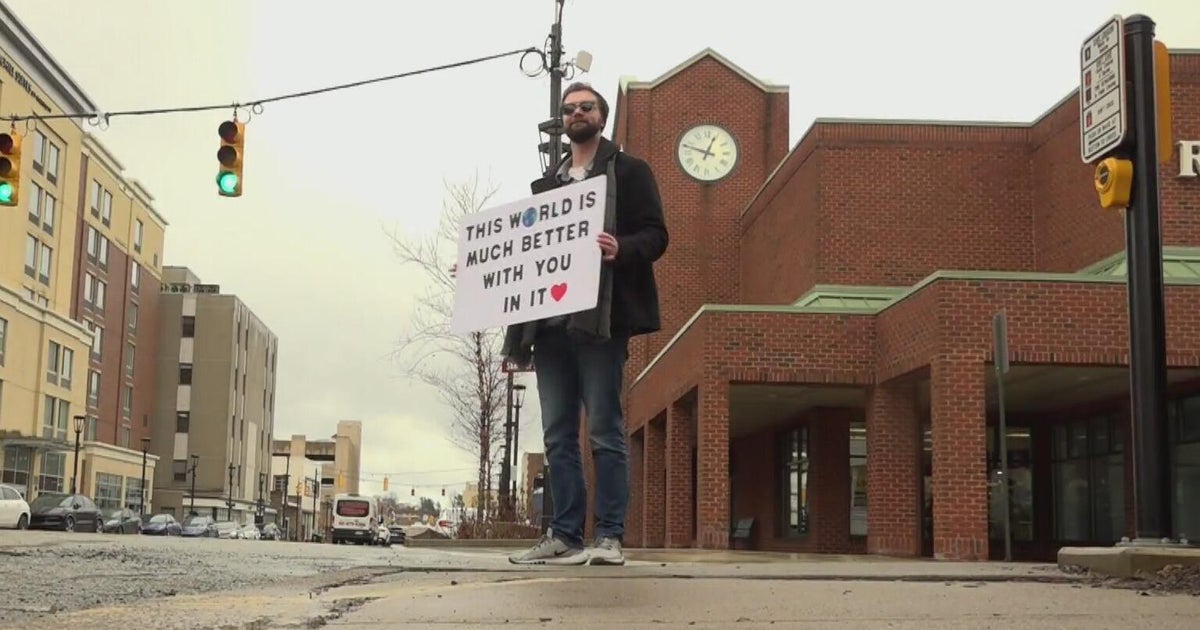Michigan man mourns "dear friend" lost on Titan submersible
(CBS DETROIT) - "Surreal."
That's how Kenneth Vrana describes the last few days awaiting word about the fate of his friend Paul-Henri Nargeolet aboard the Titan submersible.
The Benton Harbor native, who now lives in the Upper Peninsula, where he runs Maritime Consulting, had gotten word early that the Titan had likely imploded on its voyage to explore the wreck of the Titanic. But not knowing for certain was tough.
"The worst thing I wanted to imagine was being adrift," Vrana said.
That would mean the inhabitants would know they were running out of air.
"The first thing that came to mind was a potential hull breach simply because I knew that it was an experimental design," Vrana said. "That's always in the back of your mind, and I'm sure it was in the back of PH's."
Vrana has made a career out of underwater exploration and tourism, co-directing the Titanic Mapping Project in 2015. He met the man he calls "PH" over two decades ago when they worked together on an exploration of the Titanic in 2000.
Vrana said that he and Nargeolet had initial concerns about the Titan.
When OceanGate CEO Stockton Rush proposed the design and development of his new generation of submersibles, "there were obvious questions and concerns that both PH and I shared on the design and materials being used. From my understanding, this is the first time carbon fiber has been incorporated into a pressure chamber to be used in deep water exploration."
Still, Vrana said, when he spoke to Nargeolet two weeks before the Titan set off, he did not express any further concerns.
"There's going to be lots of debate by all kinds of experts, especially marine engineers, naval architects and explorers about why this experimental design was even allowed."
And that's not the only debate.
"Were the passengers victims? That's a critical question," said Vrana. "Or were they aware of the risks and in a position and willing to take the chance and be one of the few people that actually saw the Titanic?"
Vrana said the passengers were aware of the risks.
"I probably would have taken the trip if I was there," he said.
And yet, Vrana said, he has never taken the trip to see the Titanic. He was the scientist, Vrana said, and Nargeolet was the explorer.
"There are certain personalities that love exploration of the unknown, and PH loved that," he said. That was his passion."
Vrana said that the accident will be a wake-up call that we need to place more attention on ocean exploration and research.
"The oceans cover almost 75% of the world's surface area, and we have not surveyed most of it to the levels we have surveyed the moon," he said.
Vrana said that despite the Titan implosion, he believes the tragedy will spur another generation to explore.
"There are still incredible mysteries to still be unlocked … there have been an incredible number of vessels lost through time and in the Great Lakes, Native American also," he said.
But Vrana said that will also mean more tragedies.
"We can be sure that there will be more incidents like this as technology increases, especially robotics and AI," he said.
As for the man Vrana called a "dear friend" and colleague, he said, "I'm still frankly processing everything that has happened here and what it means – the dreams of future projects that PH and others like myself had continued to believe in."







